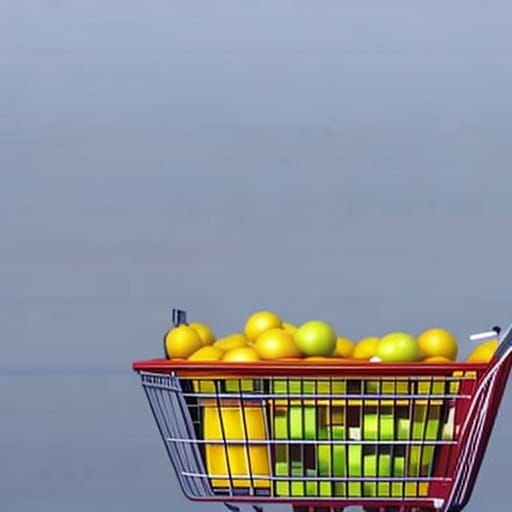
Convenience is one of the most sought-after features in our modern world. We want things to be easier, faster, and more accessible, and the rise of technology has enabled us to achieve this in countless ways.
Think about the seamless online shopping to 'instant' food delivery at your doorstep, ride-sharing and home cleaning services, convenience has become the norm in modern society. But while convenience can certainly save us time and effort, it also comes with a cost, both in terms of money and other resources.
This isn't a post about whether it is worth it or not because I think that is dependent on the individual to decide. What I'm presenting here is how it is impacting our finances.
Have You Heard Of 'Convenience Fees'?
One of the most non obvious ways that convenience costs us money is through convenience fees. You may or may not know but online services such as bill payment, booking tickets, or ordering food often charge a convenience fee, which is an additional cost for the 'privilege' of using the service.
While these fees may seem small at present, when calculated for an extended period of time (like 6 months or a year) they can significantly impact our finances because they aren't so small anymore.
Inflated prices is also another way that convenience is costing us money. Convenience products such as pre-packaged goods, ready-to-eat meals, and other processed items are often more expensive than their non-convenient counterparts.
These products are usually designed for convenience so the cost of convenience is built into their price tag. In many cases, we may be paying a premium for the convenience of having a product ready-to-eat or pre-packaged, rather than for the product itself.

There's No Time To Think
Impulsive purchases are a very common way that convenience can cost us money. The ease of shopping online and the availability of products at our fingertips always lead to impulsive purchases, which can add up over time and significantly impact our finances.
The Buy Now Pay Later (BNPL) feature (It's becoming a bubble) isn't helping either. Whether it's the latest gadget, a stylish piece of clothing, or a tempting offer, the convenience of online shopping often lead us to make purchases that we might not have otherwise made if we just 'sit' and think it through.
Dependence on services is another way that convenience can cost us money. Reliance on services such as ride-sharing, delivery, and home cleaning can become expensive over time, especially when used frequently. I'll rather stretch my legs and go pickup the item than have it delivered to the doorstep.
These services can obviously save us time and effort but they also put a strain on our finances. I believe it's important to consider the cost of these services from a wider time frame and to balance them against other expenses in order to ensure that we are not overspending.

Beyond The Horizon Of Money
The cost of convenience also extends beyond our finances. Convenience oftentimes comes at a cost to the environment too.
Nothing against fast food and delivery services but they significantly contribute to the generation of waste and pollution. For example, the reliance on single-use products (i.e products that are used once) such as disposable coffee cups and plastic cutlery contributes to the depletion of natural resources and the accumulation of waste in landfills.
It's a delivery disaster with negative implications in the long term.
Final Thoughts
I see 'convenience' as taking one step forward then two steps backwards. What happens to being independent, owning things and being self-reliant?
So, what can we do to mitigate the cost of convenience? An option would be to consider alternative solutions that are more affordable and sustainable. Instead of relying on delivery services, we can prepare our own meals using fresh ingredients.
Instead of using ride-sharing services, we can walk, bike, or even take public transportation. By making conscious choices about the convenience services we use, we can reduce their impact on our finances and the environment. Conscious is the key word here, many of us are unconscious nowadays.
All images created via Nightcafe Studio.
Thanks For Reading!
Profile: Young Kedar
Recent Posts;
● The Risks and Challenges of Being Reliant on Technology: Part 2
● The Benefits of Being Reliant on Technology: Part 1
● An Examination of Digital Gold
● Globalization: A Double-Edged Sword
● How Cryptocurrency is Changing the Concept of Money
● The Interconnectivity Between Crypto And Stock Investment
Dolphin Support: @cryptothesis
Posted Using LeoFinance Beta